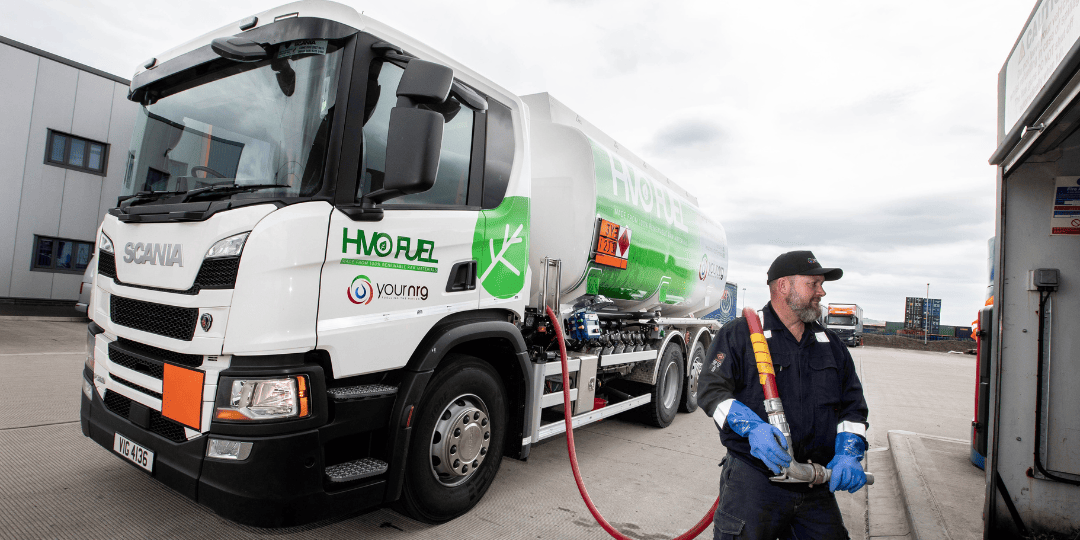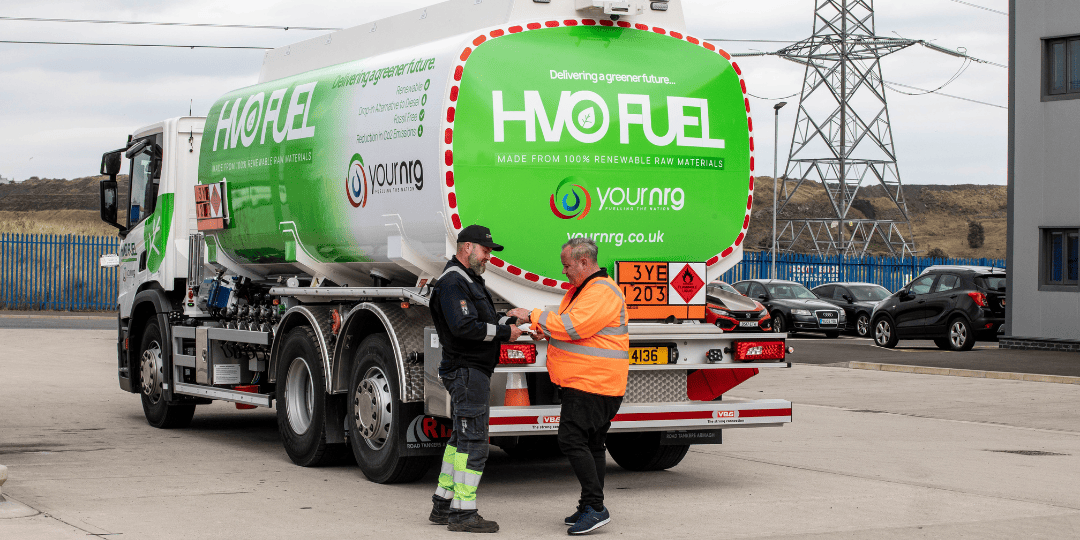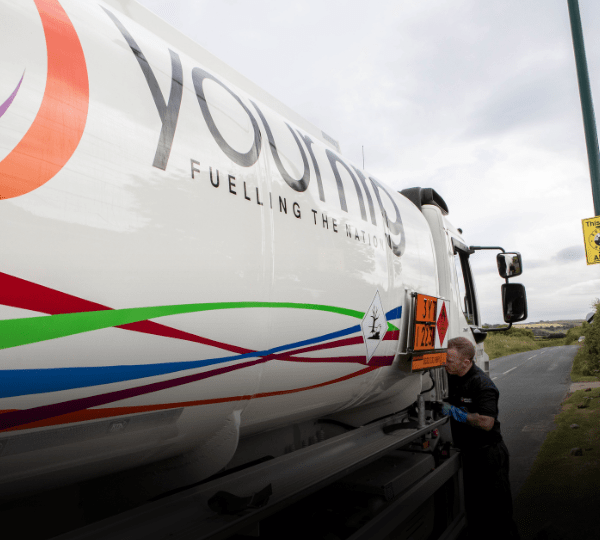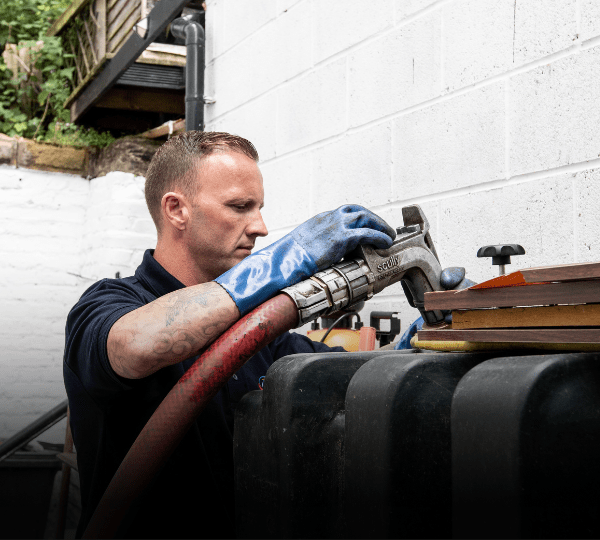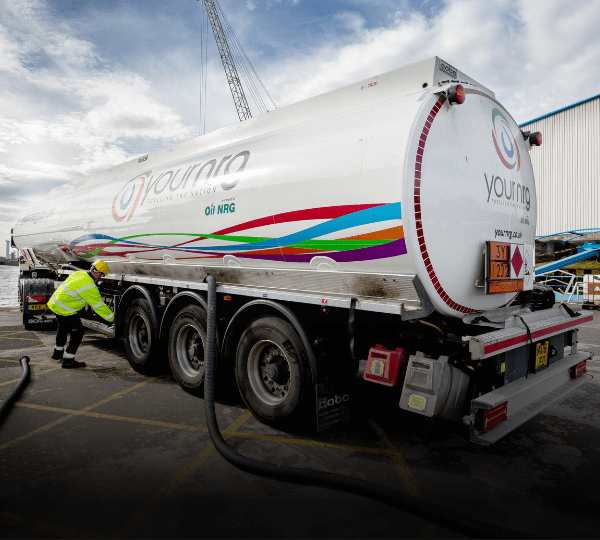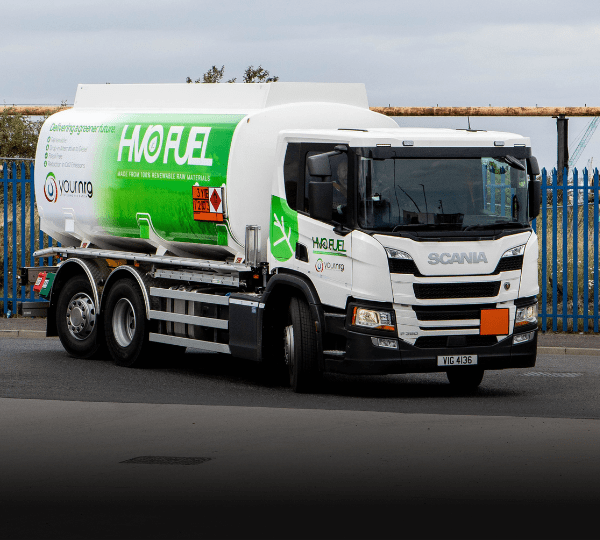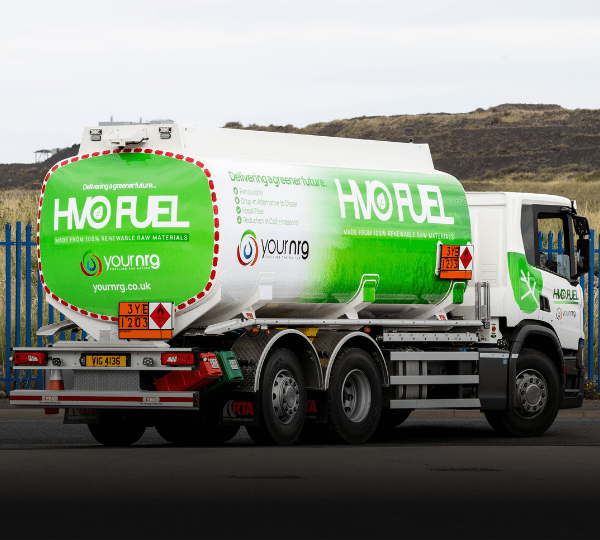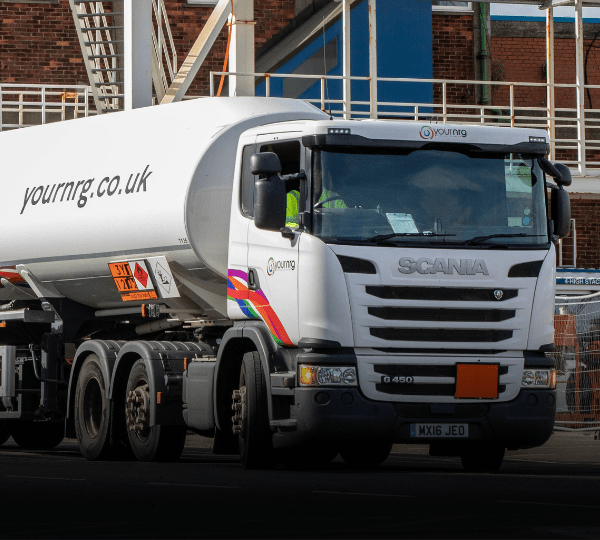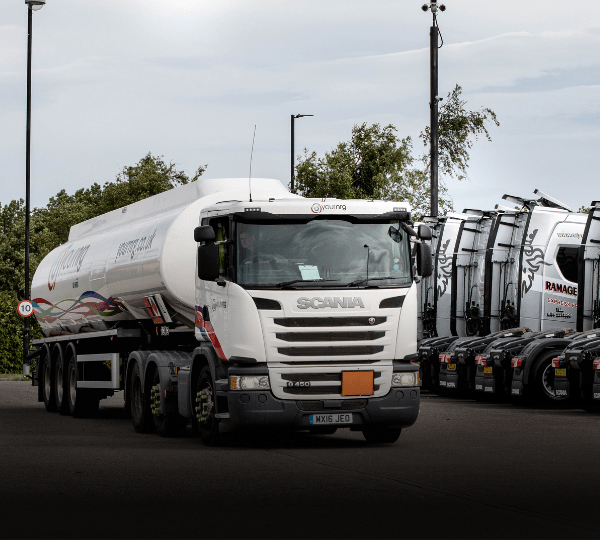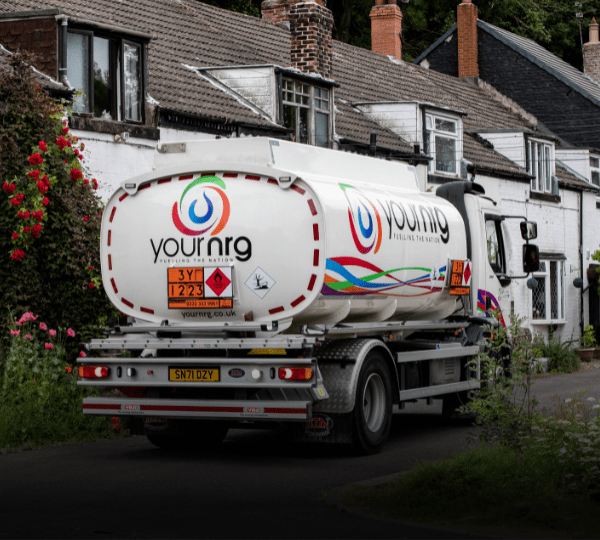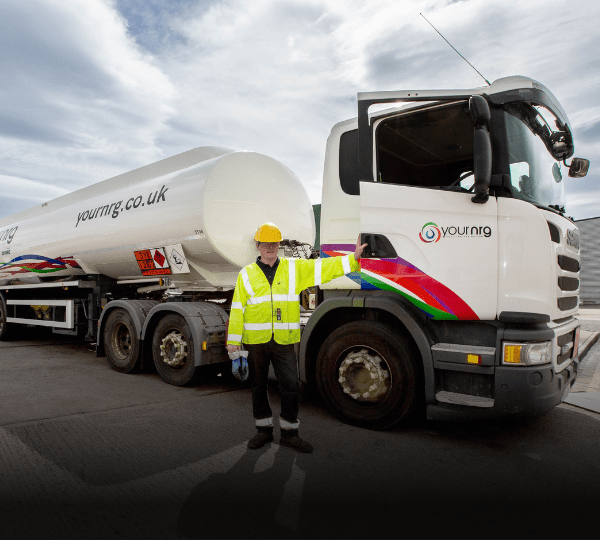But is HVO fuel actually sustainable? What are the pros and cons? And is it as efficient as conventional fossil diesel? We answer these questions and more in this HVO fuel guide.
What is sustainable fuel?
Sustainable fuel for vehicles can be defined in a number of ways. Here at Your NRG, we view sustainable fuels or future fuels, as those that provide a greener alternative to fossil fuels while also minimising environmental impact. This means they must reduce air pollution by releasing fewer or zero emissions.
There are a number of vehicle fuel alternatives that can be considered as sustainable, including HVO. This is an area that is growing rapidly and as such, we’re likely to see other kinds of e-fuels used to power vehicles in the future. These sustainable fuels could include hydrogen, thermoelectric or more advanced biofuels.
Is HVO fuel green?
HVO is considered to be a green fuel as it’s manufactured from renewable waste materials, it’s free of aromatics and toxins, it’s biodegradable and it can reduce emissions by up to 90%. Additionally, because HVO meets EN 15940 standards, it can be used as a drop-in fuel. This means it can be substituted for fossil fuels without vehicle or infrastructure upgrades.
As well as its environmental credentials, HVO fuel has received International Sustainability and Carbon Certification (ISCC). This is an independent certification that means HVO meets their environmental, renewability and sustainability requirements.
Furthermore, HVO is classed as a second-generation biofuel because it’s manufactured using 100% renewable waste food oils and animal fats.
HVO fuel: pros and cons
The biggest benefit of using HVO fuel is the ease of switching. Unlike other alternatives that require infrastructure upgrades, new equipment or skills, HVO can be used in the same way as traditional diesel. From fuelling up your fleet to storing your fuel, this means you can reduce your carbon footprint with almost no cost or disruption.
In addition to reducing your impact on the environment, HVO fuel offers a myriad of further benefits:
- HVO burns cleanly which can improve your engine performance and longevity
- It has been approved by OEMs for use in heavy-duty vehicles, off-road vehicles and passenger cars
- HVO fuel meets EN 15940 standards
- It can be stored for up to 10 years — 10 times longer than traditional fossil diesel
- HVO is suitable for a range of applications including vehicles, commercial boilers, equipment and generators
- It has a high flashpoint, is biodegradable, non-toxic and safer to handle and store than fossil fuels
In terms of cons, HVO is not as green or sustainable as some alternative future fuels. However, it’s a cheap, easy and convenient way to switch your fleet from fossil fuels to a lower emissions alternative. When used in place of conventional diesel, it can reduce your company’s emissions by up 90%, helping you to meet your environmental requirements and work towards your net zero targets.
Is diesel fuel sustainable?
Conventional crude-oil based diesel is not classed as environmentally friendly or sustainable and has an environmental rating of ‘very poor’. This is because diesel is created using fossil fuels, its production uses few eco-friendly materials and when diesel is burned, it releases greenhouse gases into the atmosphere.
HVO fuel is often referred to as renewable diesel or biodiesel. This type of diesel is sustainable and offers a greener, more environmentally friendly alternative to fossil fuel diesel.
Is biodiesel as good as diesel?
HVO, or biodiesel, can be more efficient than conventional red diesel. This is because the way HVO is produced results in a purer, cleaner fuel that is composed of identical hydrocarbon molecules and free from contaminants. As a result, it reduces particulate build-up and improves engine cleanliness.
Additionally, biodiesel can provide better performance in cold weather and temperatures, making HVO fuel a more efficient alternative to fossil diesel. As such, when you switch to this fuel, you can expect better performance from HVO than traditional red or white diesel.
What is the cleanest fuel for cars?
There is a lot of debate about the cleanest fuel option for cars, with some experts favouring electric and others wondering about the future of hydrogen power. As it currently stands, HVO is the simplest sustainable solution for commercial diesel vehicles, which offers a hassle-free way to help your company step towards net zero.
In terms of the future, combustion engines have powered our vehicles for over a century and the way we fuel them has remained largely unchanged. However, with the government’s 2050 net zero target and the 2030 ban on new diesel and petrol vehicles, the search for sustainable future fuels has never been more important. Here at Your NRG, we look forward to being part of this change and helping you transform your operations with the uptake of future fuels.
Switch to HVO green fuel with Your NRG
Would you like to bring your diesel fleet into the present day? The Your NRG team are here and on-hand to help. We can switch your vehicles to HVO fuels with minimal effort and time, so you can reduce your carbon footprint while focusing on productivity.
Get in touch with our team today or get a free online quote to see how you can reduce your company‘s emissions and hit your environmental targets. Want to learn more about HVO fuels? Take a look at our advice hub to discover more about switching to this greener fuel alternative.
